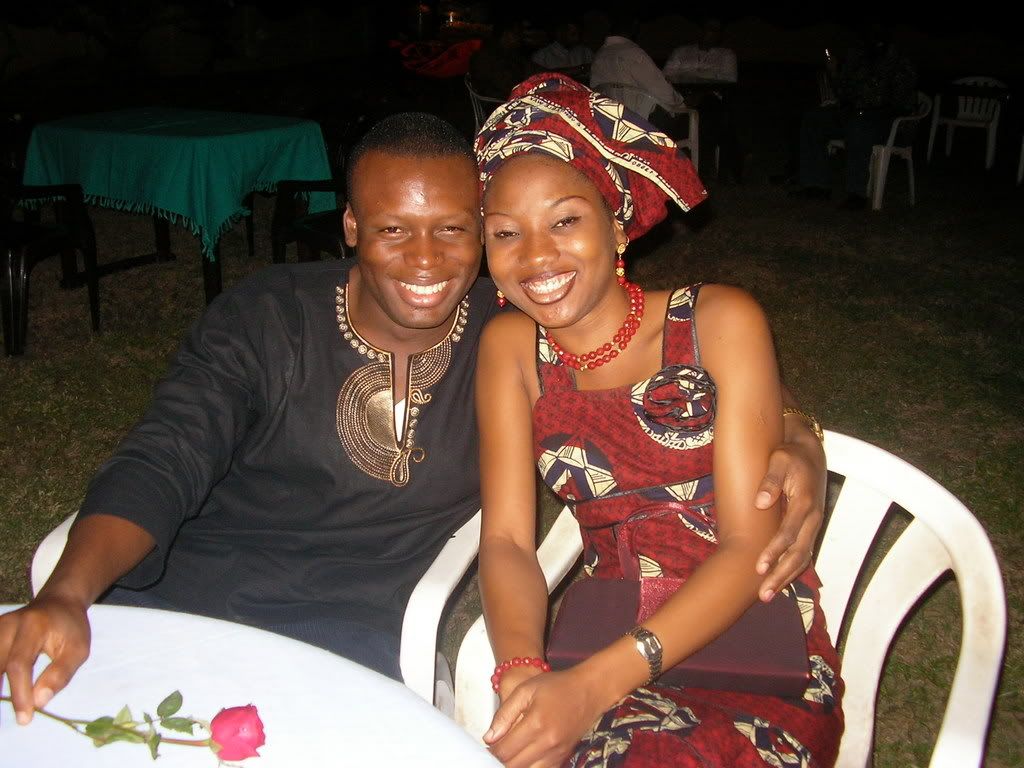THE PERFECT GENTLEMAN 2
"Character is moral order seen through the medium, of an individual nature.... Men of character are the conscience of the society to which they belong."
-Ralph Waldo Emerson
Good manners are some of the principal external graces of human character. They are like ornaments of action, and often make the most common human functions beautiful in performance. They create a happy way of doing things, adorning even the smallest details of life, and contributing to render human interactions, as a whole, agreeable and pleasant. They are the remarkable first impression of any true gentleman.
The manners of a man have a good deal to do with his estimation in the eyes of other men, and it has often more influence in his relationship with people than other qualities he may possess. A good, gracious and cordial manner is among the greatest aids to success, and there are many who fail because they have no possession of it.
The attitude of a gentleman, to a large extent, is a sign of his character. It is the external advocate of his inner nature. It indicates his taste, his feelings, and his temper, as well as the society to which he has been accustomed. There are so-called conventional manners or etiquettes, which I believe are of little importance when compared to a man’s natural manners. Even at best, etiquette may be only a mere counterfeit for good manners. More preferable is the outcome of natural gifts, improved by careful self- culture and discipline, this signifies a great deal of exemplary character.
Great men have always been known for a high degree of courteousness, kindness and politeness. Politeness has been described as the art of showing, by external signs, the internal regard we have for others. Yet one may be perfectly polite to another without necessarily having a special regard for him. The most truthful of politeness comes out of sincerity. It must be the outcome of the heart, or it will make no lasting impression.
I have observed that a man would usually respect the individuality of another if he wishes to be respected as well. He will have due regard for the other man’s views and opinions, even though they differ from his own. The well-mannered man pays a compliment to another, and sometimes even secures his respect, by patiently listening to him. He is simply tolerant and restrained, and refrains from judging other people harshly.
The true gentleman does not assume to be better or wiser or richer than his neighbour. He does not boast of his rank, or his birth, or his country; or look down upon others because they have not been born with the same type of privileges which he has. He does not brag of his achievements or of his calling. On the contrary, in all that he says or does, he will be modest, unpretentious and unassuming. He never thinks himself already too wise to learn from others. He exhibits his true character in performing rather than in boasting, in doing rather than in talking. Even in his use of words, he is tactful and realises that although knowledge makes a man respectable, tact makes him respected.
The world owes much to these types of men and women. I call them here - the Perfect Gentlemen. They are men and women of courage. The kind of courage that displays itself in silent effort and endeavour - that dares to endure all and suffer all for truth and duty is more truly heroic than the achievements of physical valour, which are rewarded by honours and titles, or by laurels sometimes earned by blood and sweat.
It is moral courage that characterises the highest order of manhood and womanhood - the courage to seek and to speak the truth; the courage to be just; the courage to be honest; the courage to resist temptation; the courage to do one's duty in life, the courage to be of good manners when the world around us considers such behaviour as foolishness. If men and women do not possess the virtue of courage, they have no security whatever for the preservation of any other virtue.
Every step of progress in the history of man has been made in the face of opposition and difficulty, and has been achieved and secured by men and women of intrepidity and valour, by leaders in the field of thought, by great discoverers, great patriots, and great workers in all walks of life. There is scarcely a great truth or doctrine that has not had to fight its way to public recognition in the face of detraction, calumny, and persecution. History has shown true gentlemen to be men of moral courage.
Another very important virtue of a gentleman is self-control, which I perceive as only another form of courage. It may almost be regarded as the primary essence of character. It is this quality that forms the chief distinction between man and the ordinary animal; and, indeed, there can be no true manhood without it. Self-control is at the root of all the virtues. Thus it is the power which constitutes the real distinction between a physical and a moral life, and forms the primary basis of individual character. It is by patience and self-control that the truly heroic character is perfected in a man.
In the Bible praise is given, not to the strong man who takes a city, but to the stronger man who rules his own spirit (Proverbs 16:32). This stronger man is he who, by discipline, exercises a constant control over his thoughts, his speech, and his acts. By the watchful exercise of self-control, purity of heart and mind become habitual, and the character is built up in chastity, virtue, and temperance.
Every truly great figure knows that the best support of character will always be found in habit. Habit is formed by careful training. And it is astonishing how much can be accomplished by systematic discipline and drill. See how, for instance, out of the most seemingly unpromising civilian materials some of the best professional soldiers emerge. This is achieved through strict discipline and observance of routine procedures during their training.
George Herbert once said that “habit is akin to discipline and without it, there will be no proper system and order in the regulation of life.” The most self-reliant, self-governing man is always under discipline: and the more perfect the discipline, the higher will be his moral condition. He has to drill his desires, and keep them in subjection to the higher powers of his nature. They must obey the word of command of his internal monitor - his conscience; otherwise his desires will become mere slaves of their inclinations and impulse. It is upon habit that the cultivation of a sense of self-respect, obedience and the development of a sense of duty is built.
The one who aspires to become a perfect gentleman must understand that duty embraces his whole existence. It begins in his home, where he owes his duty as a parent to his children. As a husband to his wife, as a master to his servants; while outside the home he owes his duty to his friends and neighbours, as an employer or employee, as a governor or governed. The Bible rightly puts it this way, “Owe no man anything, but to love one another; for he that loveth another hath fulfilled the law (Romans 13:8).” The abiding sense of duty is the very crown of the character of a true gentleman.
Men inspired by high principles are often required to sacrifice all that they esteem and love rather than fail in their duty of life. They are quick to realise that to be worth anything, a man’s character must be capable of standing firm upon its feet in the world of daily work, temptation, and trial; and able to bear the wear-and- tear of actual life without undue compromise. They are ready to take constant and consistent action towards the perfection of their character. They realise that the cultivation of a healthy, well - balanced character of a person, lies in having a life in God through Jesus Christ, thus having the Spirit of God dwelling within. Otherwise, man no matter how handsome and cultured, would carry-on like a mere beast, and the most beautiful woman would be little better than a well-dressed doll.
Author: Uche Aneke







